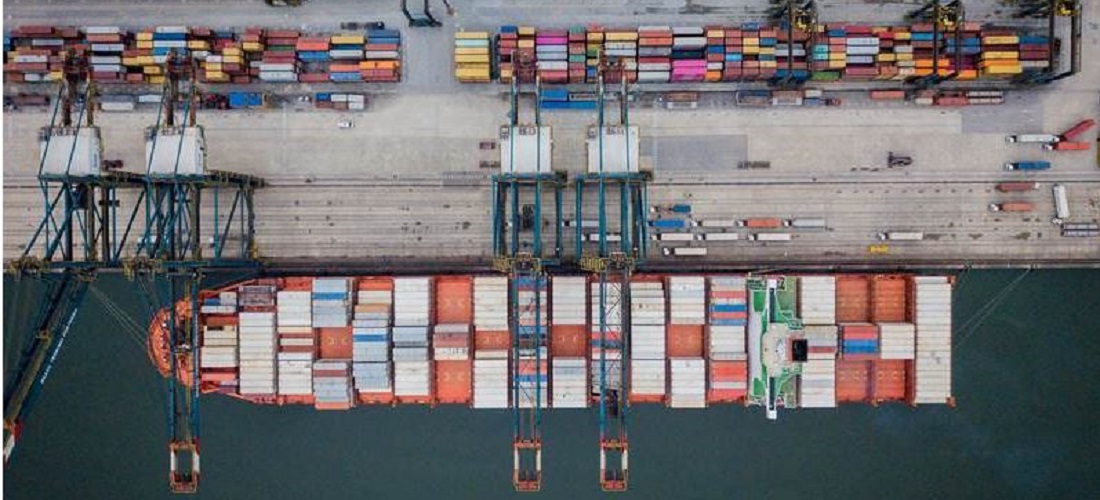
Brazil’s Economic Defense Committee Launches Probe Against Ship Pilots at Santos Port
Aug, 29, 2024 Posted by Gabriel MalheirosWeek 202435
On Wednesday (28), Brazil’s Administrative Council for Economic Defense (Cade) authorized an administrative inquiry to investigate potential anti-competitive practices by ship pilots at the Port of Santos.
A year ago, the council initiated preliminary proceedings to investigate allegations of cartel formation involving a group of 600 pilots responsible for docking ships at the port. These pilots reportedly earn an average of R$300,000 per month.
The investigation targets the São Paulo Port Pilots Union (Sindipráticos) and the General Coordination of Pilotage Services for ZP-16, a nonprofit entity representing active pilots in the region.
Since being notified, the pilots’ representative organizations have submitted a series of documents related to their activities at the port. In one of these documents, Cade highlighted the “agreement on pilotage fees, services, and conditions,” which set minimum reference rates to be charged by members of Pilots ZP-16.
However, Cade argues that pilots are independent contractors providing services through direct contracts with single-member limited companies. As such, under free enterprise rules, pilots should compete to offer more efficient or cost-effective services rather than being subject to price-fixing by unions or associations.
“This is a market where the service provider is hired directly by the client to perform a specific task. Therefore, this joint negotiation shows signs of coordinated behavior aimed at price convergence among potentially competing service providers, which requires further investigation by this SG/Cade,” Cade stated.
The case will now be examined by the Brazilian Competition Defense System (SBDC), which includes Cade and the Secretariat for Productivity Promotion and Competition Advocacy, an agency under the Ministry of Finance.
As previously reported by Painel S.A. in November, representatives from the agribusiness, industrial, and transportation sectors had expressed concern over the possibility that the government would pass a bill in the House of Representatives and later in the Senate, painting the pilots’ monopoly.
According to them, the rotational scheme adopted by pilots for ship maneuvers stifles competition. They argue in favor of permanently regulating the activity through an agency experienced in curbing abuses—a measure blocked by the bill.
The bill, which passed at record speed through Congress and was approved at the end of the year, stipulates that price setting will only occur upon request, under extraordinary, exceptional, and temporary circumstances, and will be limited to 12 months, extendable for another 12 months, by the Navy.
The chart below uses DataLiner data to compare long-haul container imports and exports at the Port of Santos between January 2021 and June 2024.
Santos Container Movement | Jan 2021 – Jun 2024 | TEU
Source: DataLiner (click here to request a demo)
Response
Praticagem do Brasil, the association representing the pilots, sustains that Brazil’s pilotage model aligns with global standards due to the importance of maritime safety.
“Countries that introduced competition in pilotage services saw the resulting commercial disputes lower service quality, prompting them to reverse course after severe accidents,” the association responded.
“Although pilotage services are globally exclusive, the new Aquatic Traffic Safety Law (Law 14.813/24), enacted earlier this year, ensures efficient regulatory oversight of both technical and economic aspects.”
The lobby group emphasized that service fees are freely negotiated with shipping companies. Should disputes arise, whether due to price discrepancies or economic power abuses, the fee can be set on an extraordinary, exceptional, and temporary basis by the Maritime Authority (regulator).
The new law was passed after a four-year oversight process by the Federal Audit Court TCU.
The TCU concluded that “the technical regulation exercised by the Maritime Authority, along with the establishment of a single rotational schedule, does not constitute a violation of economic order, as it is consistent with current legal norms.”
“The matter underwent extensive technical and legal debate in both the House and Senate from April 2022 to December 2023. Lawmakers heard dozens of organizations, and both chambers unanimously approved the bill.”
Source: Folha de S. Paulo
Click here to read the original text: https://www1.folha.uol.com.br/colunas/painelsa/2024/08/cade-autoriza-instauracao-de-inquerito-contra-flanelinhas-de-navios-no-porto-de-santos.shtml
-
Other Cargo
Feb, 25, 2025
0
Brazil Auto Parts Industry Posts $1.4 Billion Trade Deficit in January 2025
-
Economy
Apr, 26, 2022
0
The Brazilian trade balance registered a surplus of US$ 2.032 billion in the 4th week of April
-
Ports and Terminals
Sep, 26, 2024
0
Port of Açu and Repsol Agreement Marks New Era in Oil Exports
-
Videos
Feb, 01, 2021
0
FEATURED: Web Series Brazilian seaports – Efficiency and productivity #Episode 2 | Port of Rio Grande – Brazil



